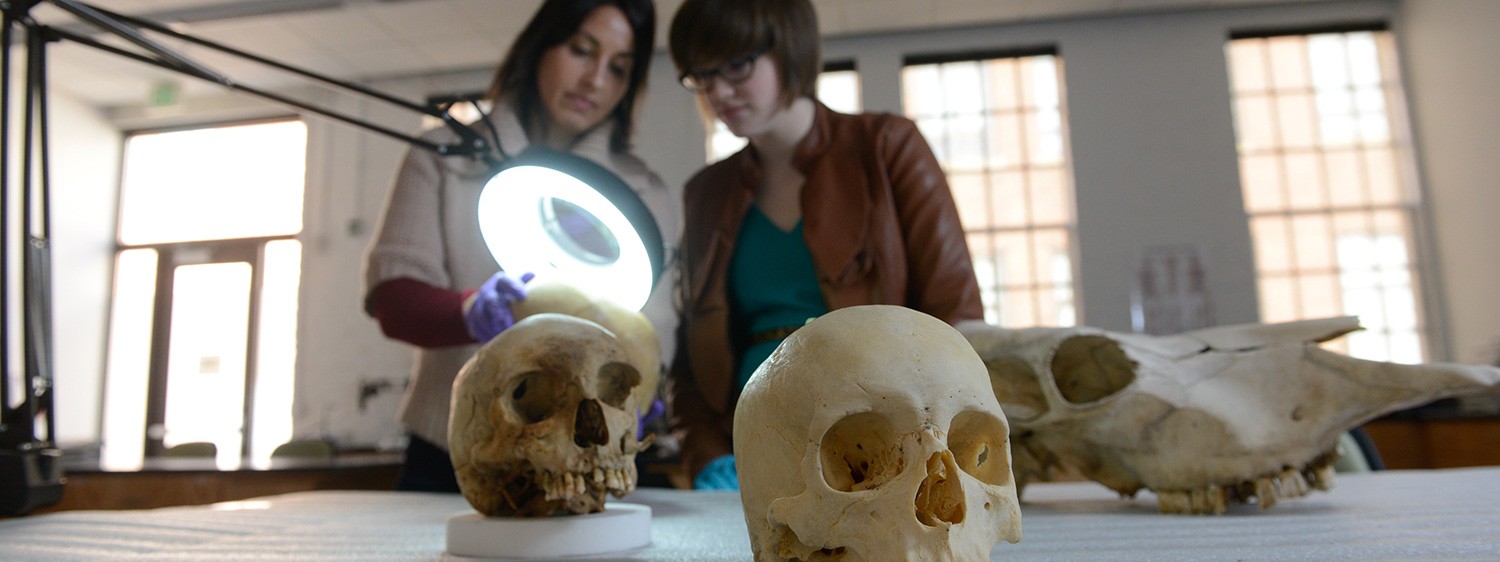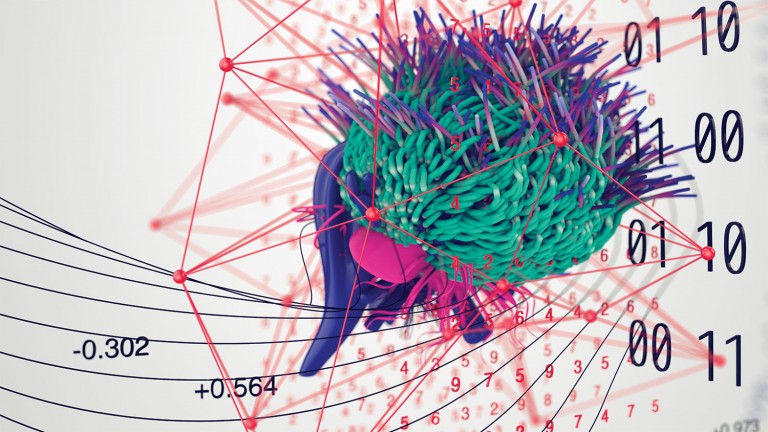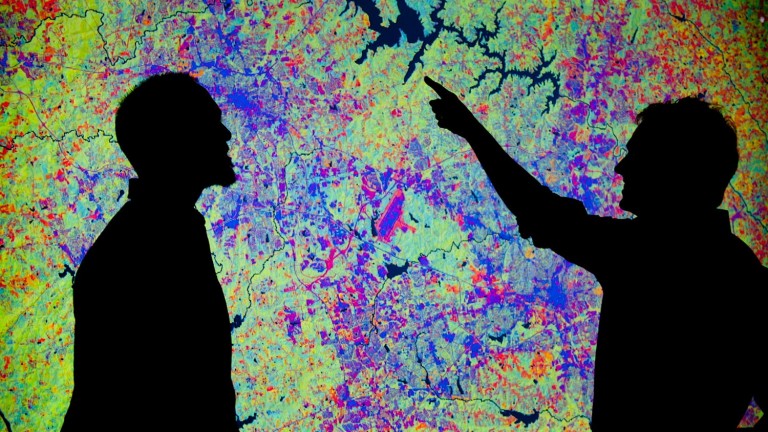
Bright Minds, Brought Together
The biggest challenges confronting society are also the most complex, requiring not just the best minds in any given field working on a problem, but the best minds working together.
In a lab at NC State, graduate students worked together to solve a medical challenge: how to get people with asthma to use a lung function meter to manage their condition. It’s a big problem. Although most asthma sufferers own a peak flow meter, few use it consistently, even though it helps them determine when to take or adjust medication.
The answer was elusive because it wasn’t, strictly speaking, a medical issue. In fact, solving the challenge required the students to create a groundbreaking device together with a smartphone app that reduces the cost and complexity of the lung test, even as it enables doctors to view their patients’ results via a remote server.
All of this took expertise in multiple disciplines, including industrial design, engineering and business. Ordinarily you wouldn’t find students and faculty in such widely diverse fields working together in one lab.
But NC State is no ordinary university.
A new initiative called the Chancellor’s Faculty Excellence Program has spurred the creation of 20 interdisciplinary faculty clusters in areas ranging from bioinformatics to regenerative medicine.
The clusters, led by some of NC State’s most experienced researchers, have already recruited and hired more than 40 new faculty members, including both established and emerging leaders in their fields — all with a strong commitment to diversity and interdisciplinary collaboration.
The program is paying dividends in multiple ways: stimulating the creation of new academic programs at the master’s and doctoral levels, attracting top graduate students from around the world, generating partnerships with government and industry, and fostering a spirit of collaboration across the university’s 10 colleges.
For example, the forensic sciences cluster includes experts in molecular biomedical sciences and textile engineering and chemistry. The geospatial analytics cluster brings together researchers in marine, earth and atmospheric sciences; forestry and environmental resources; and computer science. And the genetic engineering and society cluster includes faculty in science policy, international affairs, agricultural and resource economics, and entomology.
Every faculty cluster at NC State is a unique combination of people, skills and resources, but they all share a common goal: putting their heads together to solve some of society’s biggest challenges.
The faculty clusters program has also established NC State as a national leader in fostering diversity and interdisciplinary innovation. Since the program’s launch, Inside Higher Ed and The Chronicle of Higher Education have spotlighted the program, which is quickly becoming recognized as a best practice in higher education.
CATEGORIES: Faculty Clusters, Research, Think and Do

